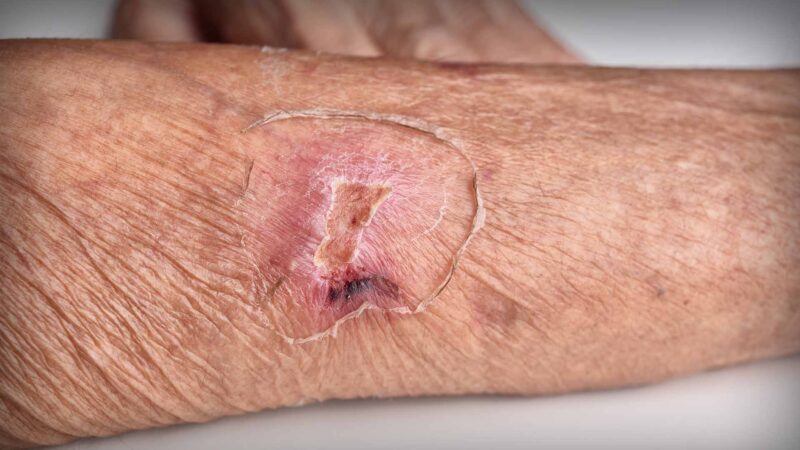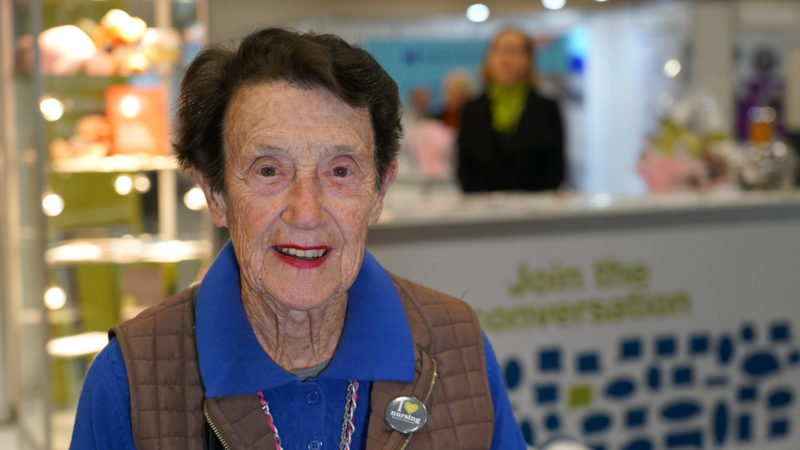According to the National Health and Medical Research Council – NHMRC clinical trials across Australia are in the following categories:
– treatment trials to test new treatments, new medicines or combinations of medicines; or other new therapies such as surgery, the use of new medical devices or new approaches to surgery
– diagnostic or screening trials to evaluate tests or procedures to diagnose and detect diseases or conditions
– prevention trials to test new ways to prevent disease including medicines, vaccines, vitamins, or changes to diet, lifestyle or behaviour
Clinical trials in Australia need to be efficiently administrated and resourced with qualified healthcare professionals as well as suitable patients.
Shanny Dyer, CEO ARCS Australia talks about a recent summit where the CRO (Contract Research Organization) community was asked on the current state of clinical trials in Australia. Commentary from:
– Tanya Symons, Director at T Symons Associates
– Daniela Caiazza, Director Clinical Operations ANZ, Novotech CRO
– Adam Stoneley, Research Operations Manager, Icon Cancer Centre
– Gabrielle McKee, Chief Operating Officer, CNS Clinical Network
– Joe Taouk, Senior Director Research and Development, IQVIA
#AustralianHealthJournal #ClinicalTrials
You Might also like
-
Smart technology in wound care
Throughout her journey around wound care, Santosh Kaur was frustrated to see the simple gaps in wound care resulting in negative patient outcomes. Santosh is the founder of SmartHeal which launched in 2020.
SmartHeal replaces the nurses taking cumbersome manual measurements and manual sharing of important wound data with a no touch technique. It aims for healthcare professionals to have live remote access to wound data, make wound assessments and assist with speech to text notes thus saving time, cost and people. SmartHeal also aims to assist healthcare professionals in providing optimum wound care by analysing the wound tissue for infection, moisture and providing suggestions for suitable dressing.
-
From pandemic to recovery
The 2021 ARCS Australia Annual Conference held 7th-9th June brought together industry, regulator, academia and researchers to educate, network and unite in a time of change.
-
Ruth Zionzee – Distinguished Life Fellow
ACN Ruth Zionzee – Distinguished Life Fellow



